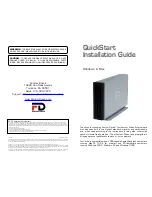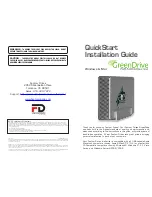
Audit Log
Audit logs are audit trail information that record operations that are executed for the ETERNUS DX and the
response from the system. This information is required for auditing. The number of files for saving the audit logs
can be specified. For details about the setting, refer to "Audit Log Setup" in "Configuration/Operation Guide
(NAS)".
The audit log function enables monitoring of all operations and any unauthorized access that may affect the
system.
Only audit logs for CIFS access can be acquired in NAS environments. Audit logs for NFS access cannot be
acquired.
For each shared folder that is to be accessed, an audit log file is output to the expanded system volume in the
ETERNUS DX. FTP is used to acquire the audit log file that is output.
For details about the audit log messages, refer to "Audit Log Messages" in "Configuration/Operation Guide
(NAS)".
Figure 96
Audit Log
Analyze/Investigate
Acquire files
using FTP
Output and save
the audit log to a file
LAN
Client
LAN
Client
NIC-CA
Port
CM#1
ETERNUS DX
Port
Port
CM#0
Port
NIC-CA
Perform operations
Expanded SYSVOL
■
File Format of the Audit Log
The audit log information is output to files by shared folder and date in the expanded system volumes. In
addition, file names are created according to the following naming rule.
audit_
shared folder name
_
controller number
.log-
yyyymmdd
For example, if the shared folder name is "shareA", the connection destination controller is "CM#0", the
acquisition date is "2019/08/20", then the file name is "audit_shareA_0.log-20190820".
However, writing the date in the file name on the day of the audit log collection is not allowed.
When the user account for the audit log FTP is used to log in, the audit log files can be referenced from the
directory that stores the audit logs under the home directory.
4. NAS Functions
Audit Log
196
Design Guide
Summary of Contents for ETERNUS DX S5 Series
Page 335: ......
















































